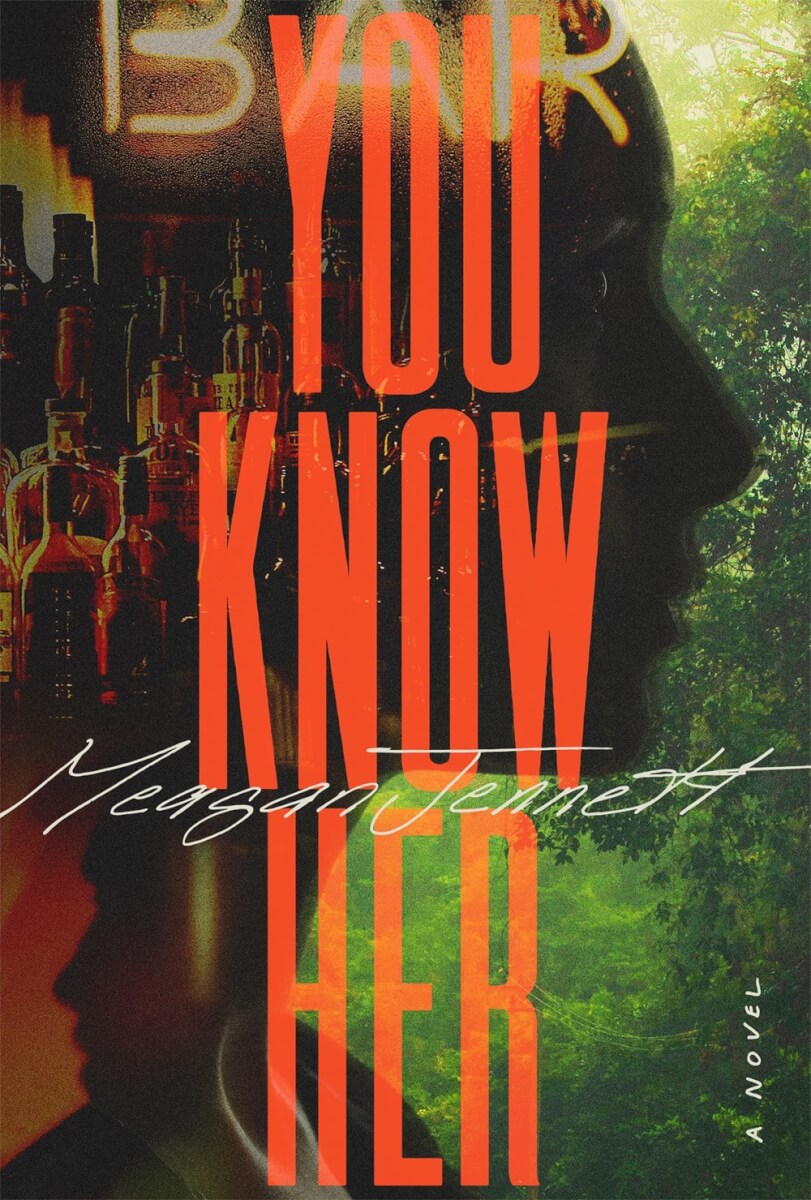The Maltese Iguana
Buckle up for another wild ride with Florida ne’er-do-well Serge A. Storms and his stoner sidekick, Coleman, in their 26th adventure, The Maltese Iguana by Tim Dorsey. The title, a nod to Dashiell Hammett’s The Maltese Falcon, refers not to a precious statue but instead to its modern-day Florida counterpart—an iguana-shaped bong. The basic premise of the book is that Serge Storms, now fully vaccinated after a long COVID-19 lockdown, decides a celebration is in order, upon which mayhem ensues, both figuratively and literally. Meanwhile, a CIA operation goes off the rails in Honduras, and after barely escaping with his life, the agency’s local contact makes his way to Florida, putting both him and the agents the CIA sends after him directly in Hurricane Serge’s path. There are murders, explosions, drugs, mercenaries, Florida history and folklore, wild parties, an exotic dancer, an appearance by Captain Kangaroo, a boxing rabbit and enough pingpong balls to fill the trunk of an old Ford LTD. Imagine one of those newspaper articles in which the headline begins with “Florida man” and then imagine the article extending to 336 pages. That will give you a pretty good idea of what to expect in The Maltese Iguana.
★ Storm Watch
C.J. Box’s Joe Pickett mysteries have been excellent since the Wyoming game warden’s very first case, 2001’s Open Season. But Box’s latest novel, Storm Watch, is perhaps the most intricately plotted and fully realized of the bunch so far. Joe is on the trail of a wounded elk as an immense winter storm closes in, but he soon stumbles across something totally unexpected: a semi-decapitated body in a mysterious shed far off the beaten track. Joe only has time to take some photos before beating a hasty retreat in hopes of outrunning the snow. When he returns after the storm, the body has disappeared. What initially seems to be a lack of interest on the part of the sheriff soon morphs into a full-blown, high-level warning that Joe keep his nose out of matters that don’t concern him. (As if that could ever happen.) Conspiracies abound, reaching up to the highest levels of state government and involving uber-wealthy absentee ranchers, bitcoin miners and underground militias. There is a lot going on, but Box keeps all the balls in the air, culminating in an ending sequence that’s pure gold and extremely satisfying on multiple levels.
Murder at Haven’s Rock
Canadian author Kelley Armstrong is perhaps best known for her Rockton mysteries, a series of seven books set in the titular village, which is hidden in Canada’s Yukon wilderness and serves as a refuge for those who cannot be effectively protected by the authorities. The Rockton series’ protagonist, detective Casey Duncan, is breaking ground on a similar endeavor with her husband, Sheriff Eric Dalton. Their new village, Haven’s Rock, will differ from Rockton in only one major way: Casey and Eric plan to handpick the residents in hopes of eliminating some of the shortcomings of the Rockton project. But things do not get off to a good start. Murder at Haven’s Rock, the title of the new book, says it all. It starts when a couple of construction crew members break the cardinal rule—Do Not Venture Out Into The Forest—and never return. Casey and Eric launch a search for the missing workers but instead find the body of an unknown woman who has been stabbed to death. Just like Armstrong’s Rockton series, Murder at Haven’s Rock is an immediately intriguing mystery populated by well-drawn characters. It’s certainly accessible as a standalone read, but I wouldn’t be surprised if readers new to Armstrong immediately seek out her previous books after finishing this superb series starter.
★ The Cliff’s Edge
The mother-and-son writing team known in the publishing world as Charles Todd (the mother of which, Caroline Todd, died in 2021) boasts two hit series, each set in the years immediately following World War I. The first features Inspector Ian Rutledge, a cop haunted by the ghost of a wartime casualty, and Todd began the second in 2009, a spinoff series centered on Bess Crawford, a former combat nurse marked by her own war experience. As the 13th installment, The Cliff’s Edge, opens, Bess accepts a temporary nursing position to care for a wealthy woman after a surgery. While she is on duty, a tragic accident takes place nearby: Two men, Gordon Neville and Frederick Caldwell, fall from a rocky outcropping, with Frederick dying from his injuries. But things take an ominous turn when it is revealed that the two men shared a contentious past and that Frederick’s injuries seem inconsistent with his fall. It falls to Bess to care for Gordon, who has a dislocated shoulder and a badly broken arm, and she finds herself drawn into the mystery of what actually transpired at the cliff’s edge. Both men’s grieving and angry family members complicate the situation, as does a local cop bent on pinning a murder on Gordon. As is always the case with the Bess Crawford books, the writing is perfectly evocative of the period; the conversational style, relationships and manners are all very “Downton Abbey”-esque, making for an exceptionally pleasurable ride to the ultimate reveal.






















































